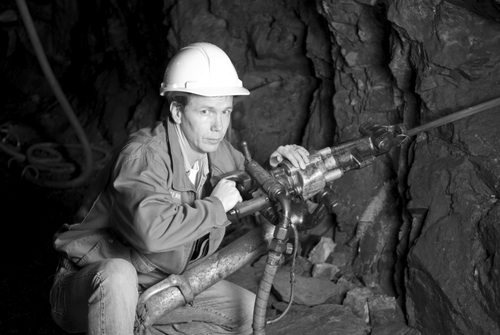
For our October 2009 issue of Risk Management magazine, I wrote a cover story on the risks of social media. We called it “The New Wild West” given the lawless (or at least “precedent-less”) nature that today’s online world shares with the days of Jesse James and Billy the Kid.
Our main goal was to introduce the topic of social media — and all of its many risks — to an audience that may not be as familiar with this emerging threat as it should be. Companies and risk managers are always racing to keep up with the latest tech risks, but preventing viruses and securing databases is generally a responsibility for IT. Well, even though social media exists in the digital domain, many of its risks are old-world issues. There are real compliance, legal, reputational, privacy and intellectual property concerns in addition to all the IT exposures.
In the weeks and months to come, we will be taking an in-depth look at each of these issues individually in our Risks of Social Media post series, but, to kick things off, I just want to punctuate the key takeaway from what I wrote in October.
“Employers are going to be held liable for the behavior of their employees,” said Simonson. “Is harassment going on in social media? Breach of proprietary information? Employees can easily leak trade secrets.”
These things are not new risks, per se, but it is now much easier for one foolish error by an employee to become a significant issue. Once an employee hits the “reply” or “post” button, the information is now public and, because it is digital, it is essentially engraved in stone on a server somewhere.
“Users are becoming their own unedited publishers,” said Simonson. “I don’t think the risks are all that different from the past. There’s just a much greater chance for it. In the past, controlling all published material was easy.”
As always, what your company does can hurt you. And that includes all the individual actions of all your employees. Now, many of those actions just happen to occur outside of the physical world — and they occur instanteously and with less forethought than ever before, which makes them inherently more difficult to manage.
But you can do it. First, you just need to understand exactly what these risks are.
In addition to reading my aforementioned article, I encourage you to watch the video below from a panel discussion I recently participated in. (I’m the bald guy with the beard.) We gave a 90-minute presentation for an event hosted by the International Association of Business Communicators (IABC), and the clip is a 10-minute “best of” video that offers some nice insights into (1) monetizing opportunities, (2) restricting employee access to social networking sites, (3) who should “own” social media, (4) the legal risks of social media, and (5) “going viral.”
You can listen to the 30-minute, audio version at the IABC Philadelphia website as well.
And, most importantly, be sure to check back here regularly to read more from our Risks of Social Media series. (In the meantime, you can also see some of our previous social media coverage here.)
For more on social media generally and how it is transforming how we interact with one another and distribute information, watch this video.


